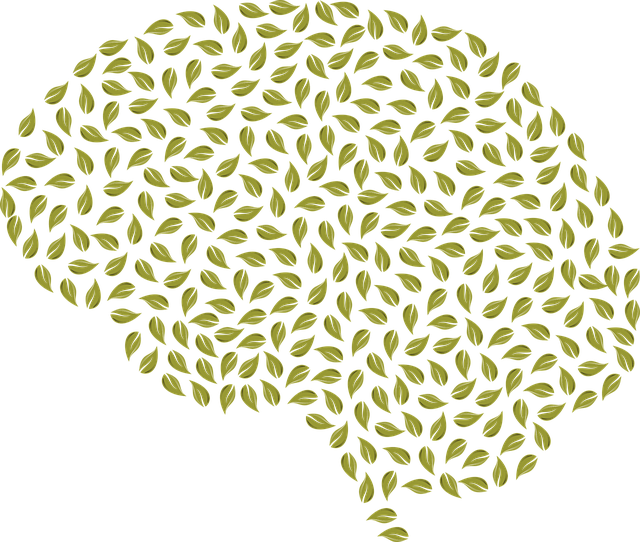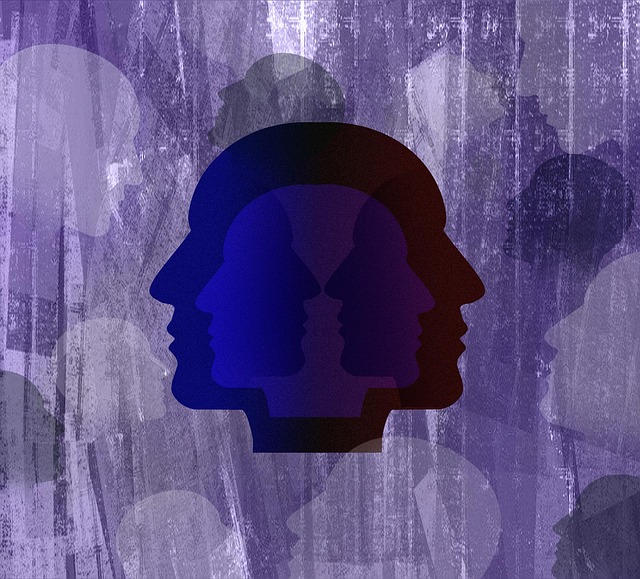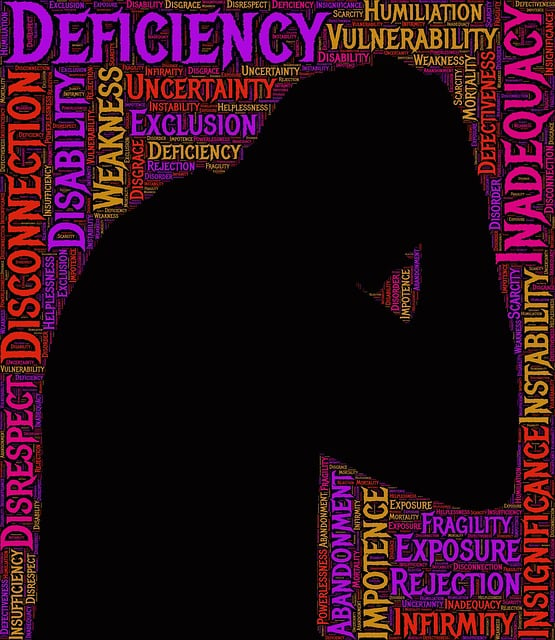Cultural diversity in mental healthcare is crucial, as different backgrounds present unique mental health challenges, particularly with conditions like Golden Panic Disorder and Anxiety Attacks. Therapists must overcome biases and incorporate cultural understanding to create personalized, inclusive therapy spaces. Effective communication strategies, including active listening and open dialogue, build trust and tailor stress reduction techniques for diverse clients. Mental Health Education Programs equip professionals to deliver culturally sensitive care, enhancing therapy outcomes for all, especially in treating GAD and panic attacks.
“Cultural sensitivity in mental healthcare is paramount, especially when addressing issues like Golden Panic Disorder and Anxiety Attacks. This article explores the impact of cultural diversity on mental health and provides practical strategies for therapists. We delve into recognizing and overcoming biases, incorporating culturally sensitive practices, and building trust with diverse clients. By understanding the unique needs of individuals from various backgrounds, we can enhance therapy outcomes for Golden Panic Disorder and Anxiety Attacks, ensuring inclusive and effective care.”
- Understanding Cultural Diversity and Its Impact on Mental Health
- Recognizing and Overcoming Biases in Therapy Sessions
- Incorporating Culturally Sensitive Practices for Golden Panic Disorder and Anxiety Attacks
- Building Trust and Effective Communication with Diverse Clients
Understanding Cultural Diversity and Its Impact on Mental Health

Cultural diversity is a significant aspect that mental healthcare practitioners must embrace and understand to provide effective treatment. In today’s globalized society, it’s essential to recognize that individuals from various ethnic, cultural, and social backgrounds may face unique challenges related to mental health. For instance, certain cultural groups might have different perceptions of anxiety and panic disorders, which can influence how they seek help or express their symptoms. What is considered a normal emotional response in one culture could be interpreted as a sign of distress in another.
This cultural sensitivity is crucial when addressing conditions like Golden Panic Disorder and Anxiety Attacks Therapy, where the mind-over-matter principles and emotional intelligence play a pivotal role. By incorporating an understanding of diverse cultural beliefs and practices, therapists can create a safe space for clients to explore their emotions and develop effective coping strategies. The emotional healing processes can be enhanced when tailored to respect individual cultural contexts, ensuring that therapy is not just a one-size-fits-all approach but a personalized journey towards mental well-being.
Recognizing and Overcoming Biases in Therapy Sessions

In mental healthcare practice, recognizing and overcoming biases is a critical aspect of delivering culturally sensitive therapy. Therapists must be vigilant in identifying their own unconscious preconceptions, especially when working with diverse populations suffering from conditions like Generalized Anxiety Disorder (GAD) and panic attacks. Biases can inadvertently influence the therapeutic process, potentially hindering progress and damaging trust between therapist and client. For instance, cultural differences in expressing emotions or describing symptoms may lead to miscommunication if not acknowledged and addressed.
To foster inclusive therapy sessions, professionals should employ conflict resolution techniques that encourage open dialogue about these biases. By creating a safe space for clients to share their perspectives and experiences, therapists can gain insights into the unique ways individuals from different cultural backgrounds navigate stress and anxiety. Integrating evidence-based stress reduction methods and emotional regulation strategies tailored to these diverse needs ensures a more effective and culturally competent approach to therapy. This, in turn, enhances the likelihood of successful outcomes for clients facing GAD and panic attacks, regardless of their ethnic or cultural origin.
Incorporating Culturally Sensitive Practices for Golden Panic Disorder and Anxiety Attacks

Incorporating culturally sensitive practices is essential when addressing Golden Panic Disorder and Anxiety Attacks, ensuring effective therapy for diverse populations. Mental Health Education Programs Design can play a pivotal role in empowering healthcare providers to understand and navigate cultural nuances. By learning about different beliefs, values, and traditions, therapists can create a safe and supportive environment for individuals experiencing these disorders.
Culturally sensitive communication strategies are vital tools. They enable therapists to build resilience by fostering open dialogue, encouraging the expression of fears and concerns specific to each patient’s cultural context. This approach not only enhances therapy outcomes but also promotes better mental health care overall, as it respects individual differences and strengthens trust between therapist and client.
Building Trust and Effective Communication with Diverse Clients

Building trust is a cornerstone when working with diverse clients, particularly those experiencing conditions like Generalized Anxiety Disorder (GAD) and panic attacks. Effective communication strategies are essential to create a safe and supportive environment. Mental health professionals must be sensitive to cultural differences in expression of fear, anxiety, and distress. For instance, some cultures may express anxiety through non-verbal cues rather than verbalizing concerns openly. Understanding these nuances fosters better engagement and allows for more accurate risk assessments.
A crucial aspect of therapy is learning the art of active listening coupled with open-ended questions to encourage clients to share their experiences and feelings. This approach helps in tailoring treatment plans that resonate with individual needs. By employing effective communication strategies, mental health professionals can ensure anxiety relief becomes a shared goal, leading to successful outcomes in treating conditions like GAD and managing anxiety attacks.
Cultural sensitivity is paramount in mental healthcare, as it directly impacts the effectiveness of therapy sessions. By understanding cultural diversity and recognizing biases, therapists can create an inclusive environment for clients struggling with Golden Panic Disorder and Anxiety Attacks. Incorporating culturally sensitive practices fosters trust and enhances communication, ensuring tailored support for diverse individuals seeking treatment. This approach not only improves outcomes but also respects the richness of different cultural backgrounds in mental health care.














